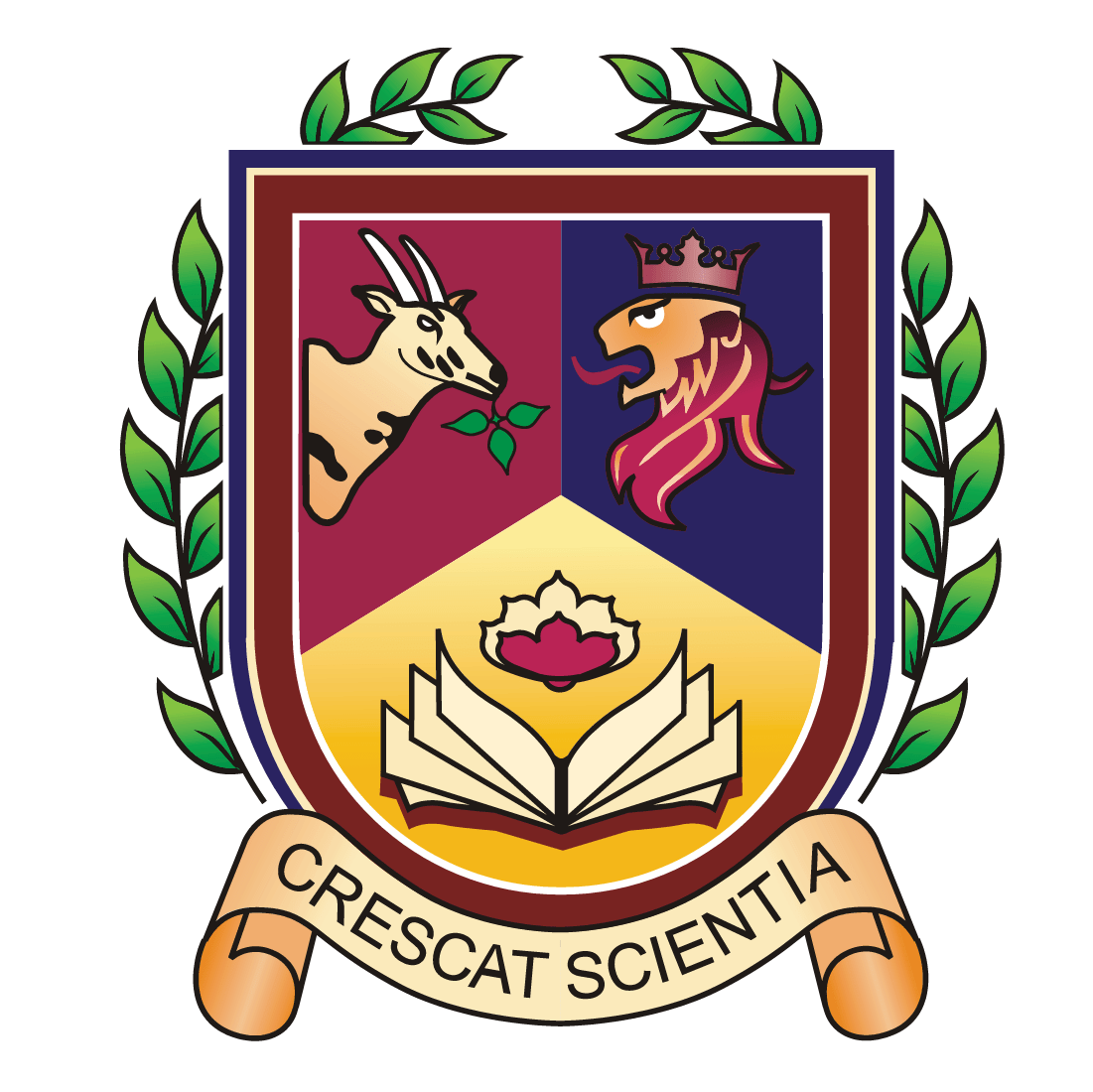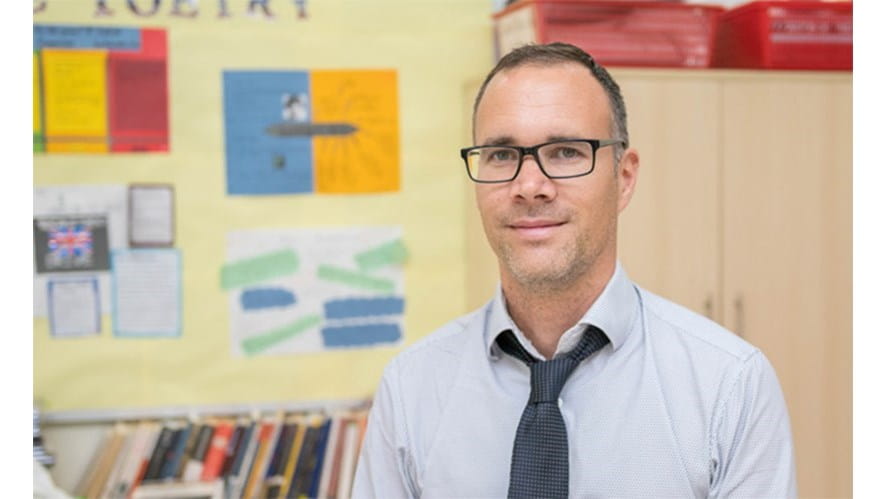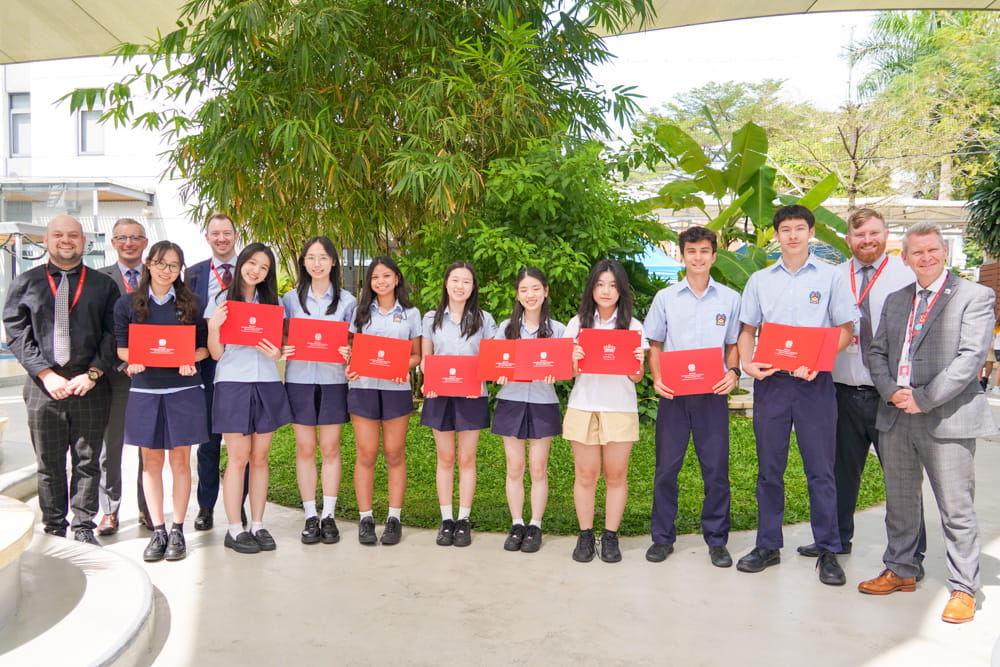Spotlight on Learning: Let’s Think in English This week, our spotlight on learning article focuses on the Let’s Think in English accelerated learning programme as we were lucky to be visited by its lead trainer Mr Michael Walsh from Kings College London.
In the English Department this week, Michael Walsh returned from Kings College, London, to provide a second round of training for staff previously inducted into the Let’s Think in English (LTE) programme. New teachers in the department this year also benefited from the introductory training.
Michael is a lead trainer and advocate of the LTE accelerated learning programme. Let’s Think in English is based on the concept of Cognitive Acceleration. This describes a lesson style which is designed to encourage student’s thinking from “concrete” to “formal” abstract thinking. The programme helps both Primary and Secondary pupils develop the higher-order skills needed for success in English. These include:
- inference,
- deduction and analysis,
- confidence and resilience when responding to unfamiliar texts.
This gradually leads through the key stages to the ability to recognise and discuss how language can be used to create features such as characterisation, mood, tone, pace and irony and how texts can be structured for various effects. The programme develops students’ ability to express ideas, and improve their confidence with unseen texts - whether fiction, poetry or non-fiction - in exam conditions.
Let’s Think in English lessons are largely oral and based on reading, with open-ended questioning and structured group discussion.
Here’s what some of our KS3 students thought of Michael’s demonstration lessons:
"The lesson allowed, and even promoted discussion amongst groups. It was interesting to hear different people's opinions which in turn helped to shape my own views on the text." – Raji (Y9)
"Working in groups allowed us to further our understanding of the text. It was enlightening to hear different perspectives from other groups." – Audrey
"The layout of the lesson (playing the audio first) made us think about how the text was constructed and how tone affects different texts." - Gemma
A huge thank you to Michael for his insight into the Let’s Think in English programme and we look forward to welcoming him back in the future.
Gavin Donnelly, Head of English








